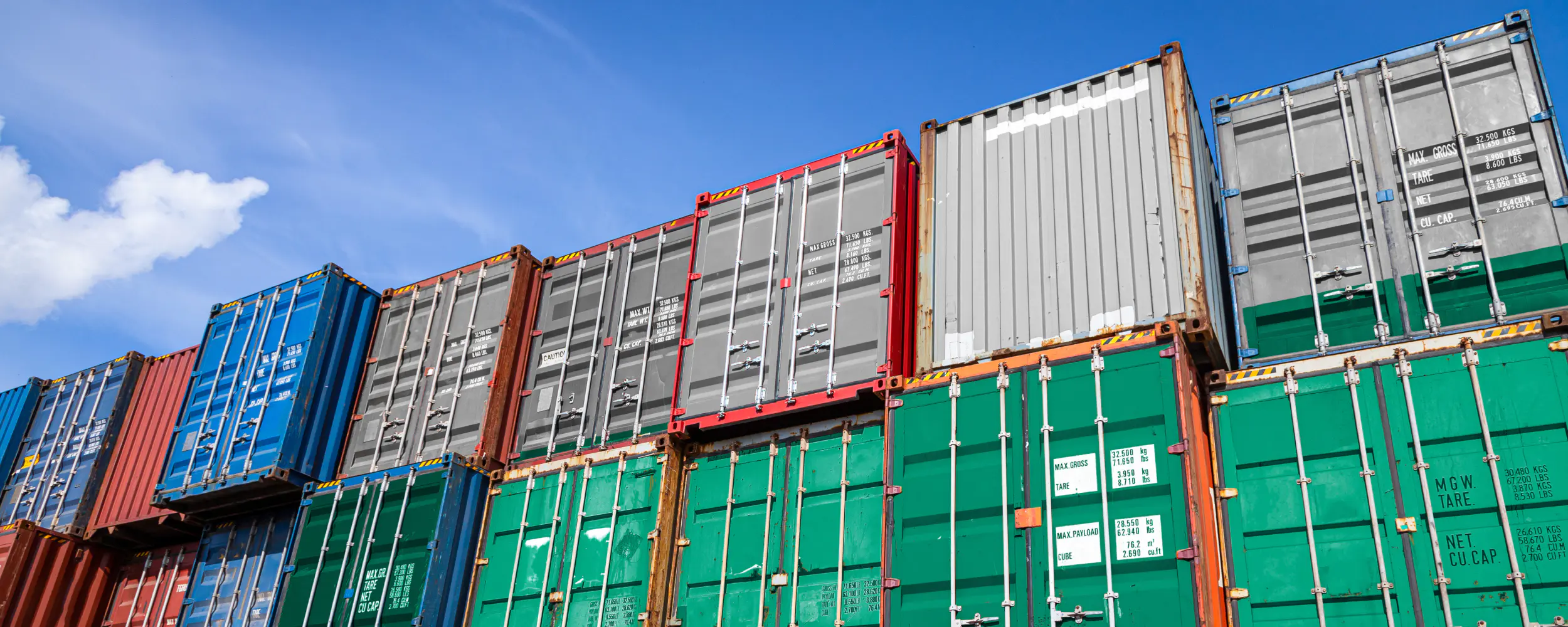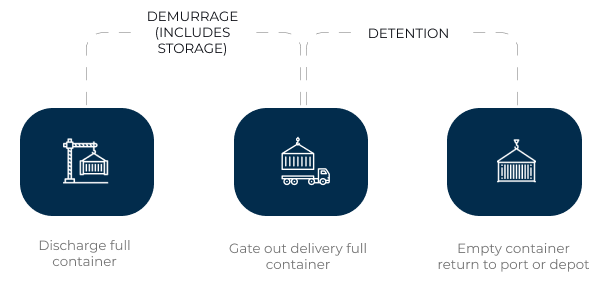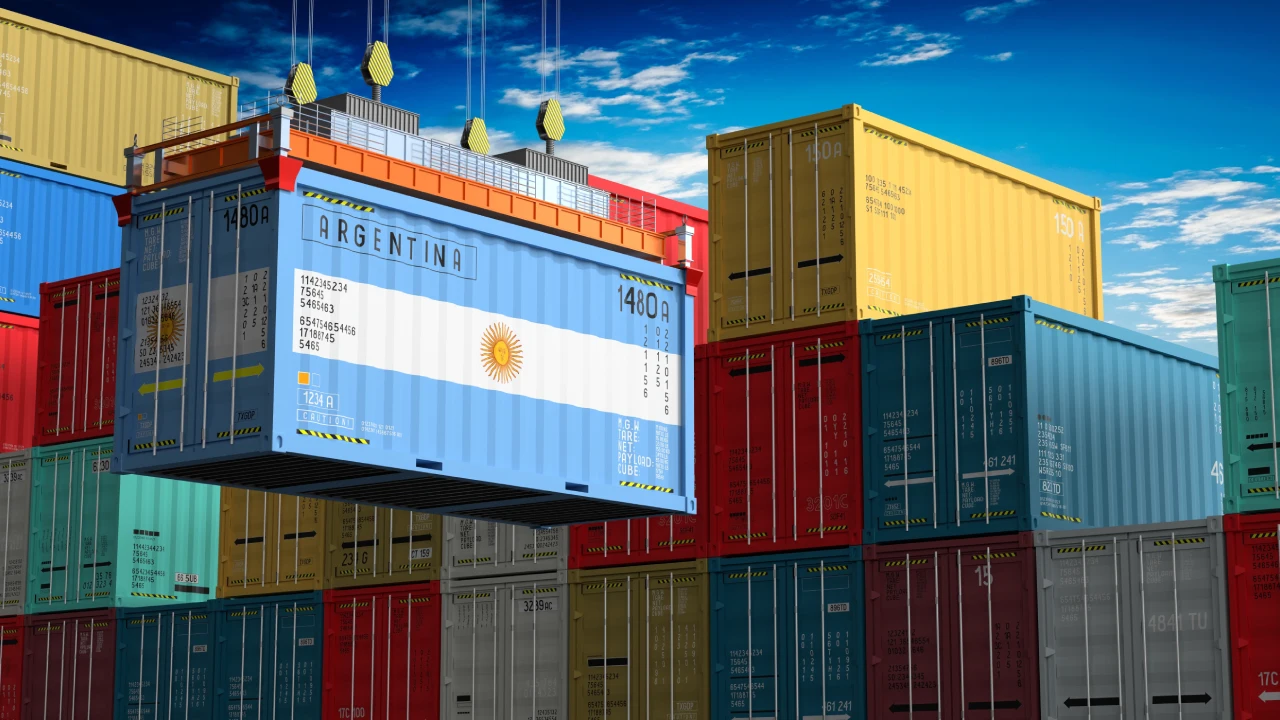
For experienced and novice buyers, navigating the complexities of global trade necessitates a firm grasp of crucial terms like ‘demurrage’ and ‘detention’. While these concepts may initially evoke apprehensions of additional charges, a nuanced understanding reveals their integral role in ensuring efficient cargo movement and seamless global supply chains.
Understanding these concepts empowers you, the importer or exporter, to make informed decisions. By effectively managing demurrage and detention, you can optimize your logistics strategy, minimize potential delays, and ultimately reduce associated costs.
Clear communication with your shipping partners, meticulous planning, and efficient cargo handling practices are key to navigating these complexities with confidence.
Customs Clearance Guide

Download your copy today and: • Navigate customs with confidence • Save time and money • Stay compliant
Stop the guesswork, start streamlining your imports and exports. Download your free guide now!
Download nowHow Do Demurrage and Detention Differ?
Demurrage and detention are two terms frequently used in the logistics and shipping industry, and although they may seem similar, they represent distinct aspects of freight delay costs. Demurrage charges pertain to the additional fees you pay when cargo remains at the port beyond the allotted free time after unloading the shipment. This issue occurs when the import process is not completed promptly, causing cargo pickup delays. These charges serve as an incentive for customers to quickly clear their cargo from the port, thereby increasing port productivity and throughput.
On the other hand, detention refers to the charges levied when the shipping containers spend time outside of the terminal. Detention charges encourage the efficient use of containers, promoting their swift return so they are available again for shipping. Mismanagement of these aspects can lead to increased shipping costs, making it essential for businesses to understand and plan for potential demurrage and detention costs.
Free Time in Demurrage and Detention: What is It?
“Free time” refer to a pre-agreed period, typically starting from the day the cargo is unloaded (demurrage) or the day the empty container is picked up for loading (detention). This period allows shippers some flexibility to complete their processes without incurring extra costs.
What Are My Responsibilities as a Customer When Importing/exporting Cargo?

Importing and exporting cargo involves a complex interplay between various stakeholders, each with their own set of responsibilities.
As a customer, understanding your role in this process is crucial for ensuring a smooth and efficient journey for your goods. This includes being familiar with key terms like demurrage and detention, which can significantly impact your costs and timeline.
Documentation and Permits
- Ensure all necessary paperwork, including invoices, bills of lading, and customs declarations, are accurate and complete to avoid delays and potential fines
- Depending on the nature of your cargo, specific permits or licenses might be required
Cargo Packing and Labeling
- Your cargo must be securely packed using appropriate materials and methods to prevent damage during transit
- Each package should be labeled with essential information like weight, dimensions, contents, and destination to facilitate efficient handling and identification
Communication and Coordination:
- Regularly communicate with your shipping agent, freight forwarder, and other stakeholders to stay updated on the shipment’s progress and address any concerns promptly
- Timely loading and unloading of your cargo at origin and destination terminals is crucial to avoid incurring demurrage or detention charges
Demurrage and Detention
- Your container’s journey doesn’t end when it reaches its destination. As the customer, it’s your responsibility to return it to an agreed location, like the port or container terminal and depots, for reuse. Carriers must ensure equipment availability so the global container flow is uninterrupted
- Carriers impose demurrage and detention penalty charges if you exceed the free time allotted. For instance, if your full container waits too long at the destination terminal before being picked up or if you take too much time to return the empty container to the port
How Does Combined Demurrage and Detention Work?
Charging customers for delayed pickup or late return of discharged cargo or empty containers can be done through combined demurrage and detention charges. This method, also known as merged D&D, provides a specific timeframe to clear and return the container to the port or container depot. Unlike separate calculations, charges are combined in this approach.
For instance, if the consignee receives 14 days of merged D&D, they must quickly clear and transport the goods to their warehouse, unload the freight, and return the empty container to the carrier within the specified timeframe.
The Charges for Demurrage and Detention
According to the Container XChange report, after two weeks of holding a standard container, shippers face an average D&D charge of $664 across all 60 major ports. Though lower than the 2021 peak, this cost remains 12% above pre-pandemic levels.
After two weeks, demurrage and detention charges vary significantly across ports. Busan, Yichang, Rugao, and Zhenjiang exhibit notably lower charges compared to New York, Long Beach, and Los Angeles.
The key findings from the American Journal of Transportation show that the average D&D charge per container in major US ports has decreased by at least 25% compared to 2022, settling at a current value of $2008 per day. This is a welcome relief from the peak of $2692 in 2022.
Key Takeaways Concerning Container Detention & Demurrage
Here are some essential points to remember when it comes to container detention and demurrage:
- Free Time refers to the number of days a supplier can use the container without incurring any fees. Anything beyond this period will result in additional charges. The free time differs between ports and carriers
- Although separate, demurrage and detention are closely interconnected in your cargo’s journey
- Demurrage charges are levied when a container remains inside a terminal for an extended period. These penalty fees act as a deterrent to prevent excessive storage of containers at the port
- Detention refers to the time a container stays outside of the port. If the consignee holds onto the carrier’s container beyond the allotted free time, fees will be imposed. In simpler terms, charge applies when the container is not returned to the carrier on time
Remember, understanding and managing container detention and demurrage can help streamline your logistics operations and avoid unnecessary costs.
Reputable carriers like Atlantic Project Cargo, a leading importing and exporting freight forwarder, are transparent when it comes to free time. We show it with price details at the time of your booking so you can plan your shipments better.
If the free time offered is not enough for you, you may purchase extra detention days at the time of your import booking with us so you have sufficient time to plan the arrival of your cargo at the desired destination..
Can I Reduce or Prevent Demurrage and Detention Charges?
Yes, container detention and demurrage charges can often be reduced or avoided with careful planning and timely execution. Proper understanding of shipping terms, efficient coordination with transport companies, and prompt clearance of goods at ports can significantly mitigate the risk of incurring these charges. However, unexpected circumstances may arise, making it necessary to negotiate terms with shipping companies that incorporate some flexibility.
Read More



